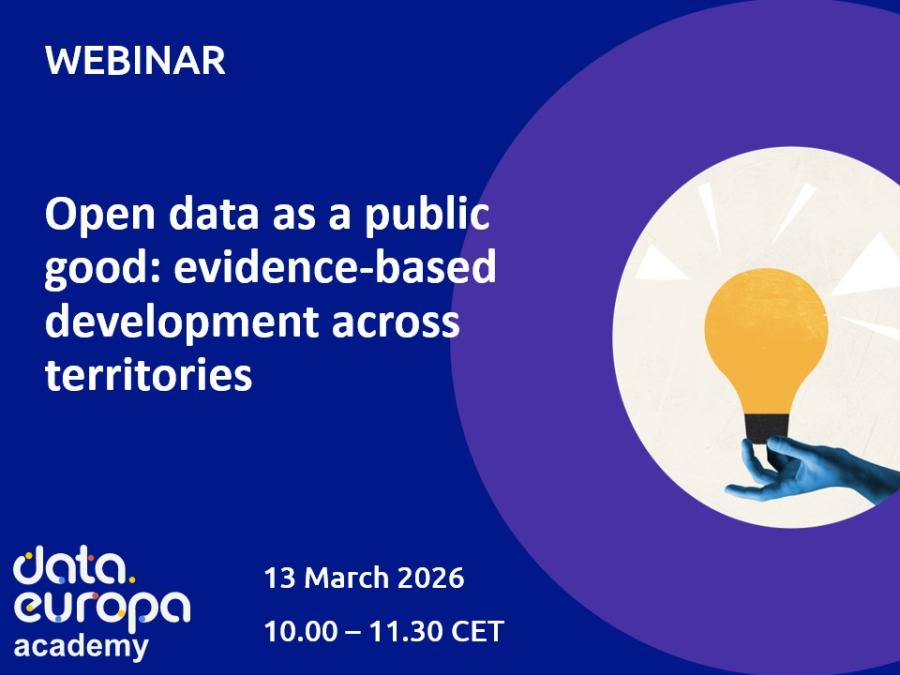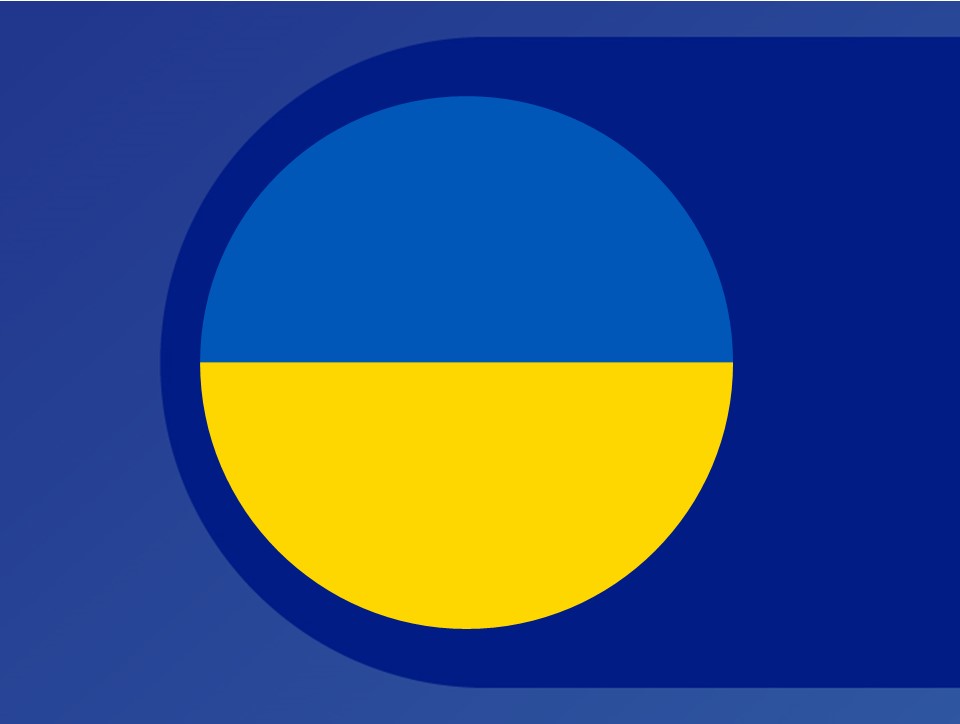Ucraina
Imagine

Bloguri din: Ucraina
Skip results of view Country Insight Blogs


How open data helps Ukraine during the war
Prior to Russia’s invasion, Ukraine already was one of Europe's leaders in open data. In 2021-2022 the Unified State Open Data Portal data.gov.ua, managed by the Ministry of Digital Transformation, had more than two million unique users from all over the world. In addition, more than seven million Ukrainians per month used services and applications based on open data. Due to martial law, access to both data.gov.ua and the local portals of some cities has been temporarily limited, as some of the data used to fight corruption, grow the economy and build a democratic society could be used by

How to profit from open data - 5 cases of Ukrainian startups
In Ukraine, the national open data strategy strongly focuses on the acceleration of the new product and services development which have a positive impact on the citizens’ lives. For four years, our project together with the Ministry of Digital Transformation ran Open Data Challenge, the biggest national competition to tap into Ukraine’s Open Data and innovation potential by supporting products and services that use Open Data. A six-month programme provides full-scale incubation for the start-ups and donors’ financial support for winners. Since 2017, we have received over 700 submissions from

Use cases in: Ucraina
Skip results of view Use cases
Leprosy of the land is a machine learning model that is able to detect illegal mining in Ukraine
Leprosy of the land is a machine learning model that is able to detect illegal mining in Ukraine
Leprosy of the land is a machine learning model that is able to detect illegal mining in Ukraine
Rapoarte din: Ucraina
Skip results of view Documentație

Study
Data sharing as a service: will data services remove intellectual property rights from the picture, and at what cost?

Descarcă
Evenimente legate de date deschise din: Ucraina

Do you want to explore how open data can support better governance in rural areas and help policymakers respond to local needs beyond the city? Join us for the upcoming data.europa academy...
Deocamdată nu există niciun eveniment în viitorul apropiat
Open Data News in: Ucraina
Skip results of view Cele mai recente știri despre datele deschise





Ukraine’s data.gov.ua is the country’s national open data portal, offering over 80,000 datasets across a variety of sectors, including economy , health , and infrastructure . Developed by the Ministry of Digital Transformation, the platform provides free access to government data, supporting transparency and empowering citizens, researchers, and businesses to make data-driven decisions. The most popular dataset on the platform relates to vehicles and their owners, reflecting the practical applications of open data. Additionally, the tag "harvesting" stands out with over 13,000 references

On Friday 16 February 2024, from 10.00 to 11.30 CET, the data.europa academy hosted the webinar ‘Open data maturity 2023: best practices across Europe‘ which highlighted Slovakia's and Serbia's accomplishments in the field of open data. With nearly 600 registrants, the event underscored the growing interest and commitment to open data across the continent. An expert from data.europa.eu initiated the session by presenting the ODM results , setting the stage for in-depth country analyses. Following this introduction, the narrative shifted to Serbia . In just two years, Serbia demonstrated

On 1 March 2024 , from 10:00 to 11:00 CET , our webinar on "New b usiness m odels for d ata- d riven s ervices" is set to provide fresh insights into the utilisation of open data. Th e event, building on the data.europa.eu discussion paper , aims to explore how public sector information, when made available as open data, can be purposefully re-used to creat e value for both public and private sectors . In recent years, the focus on open data has shifted towards understanding and meeting end-user needs. Th e webinar will examine the potential of open data in Europe, exploring how it can drive

This year marks the fifth anniversary of RescEU, an initiative by the European Commission that has strengthened disaster response mechanisms across Europe. Established to extend the EU Civil Protection Mechanism, RescEU embodies a deep commitment to protecting citizens from diverse disasters and managing emerging risks effectively. Since its launch in 2019, RescEU has served as a robust reserve of European capacities, fully funded by the EU. This includes a fleet of firefighting aircraft, medical evacuation planes, and critical medical supplies and field hospitals, ready to tackle health


